Introduction to Holiday Camps
As families seek enriching experiences for their children during school breaks, holiday camps have gained immense popularity. Offering a diverse range of recreational, educational, and cultural activities, holiday camps provide a unique environment for kids to learn and grow while having fun. This article delves into the various aspects of holiday camps, including their history, types, benefits, activities, and tips for choosing the right camp for your child.
What are Holiday Camps?
Holiday camps are organized programs during school holidays that provide children with a structured environment filled with a variety of activities. They can range from day camps that operate only during specific hours to residential camps where children stay overnight or for several days. The primary aim of these camps is to foster social skills, teamwork, and creativity while ensuring that children engage in meaningful and enjoyable activities.
History and Evolution of Holiday Camps
Holiday camps have their roots in the early 20th century, predominantly in the United Kingdom. Initially, these camps aimed to provide working-class families with affordable holiday options where their children could enjoy the countryside. One of the most notable early examples was the Butlins holiday camp, established in 1936, which combined accommodations with a range of entertainment and activities. Over the decades, the concept evolved, and holiday camps began to offer specialized programs, leading to the diverse range of camps available today that cater to different interests and age groups.
Benefits of Attending Holiday Camps
Holiday camps offer numerous benefits for children and parents alike. Some of the most notable advantages include:
- Social Skill Development: Camps provide an environment where children can make new friends, learn cooperation, and develop communication skills.
- Physical Activity: Camps often emphasize outdoor activities, promoting physical fitness and well-being through sports, hiking, and team games.
- Focus on Learning: Many camps offer educational programs, such as STEM activities or arts and crafts, that allow children to learn in a fun and engaging way.
- Enhanced Independence: Being away from home can help children develop self-confidence, resilience, and decision-making skills.
- Improved Mental Health: The joy and excitement of camp activities can lead to improved mood and mental health among children.
Types of Holiday Camps Available
Understanding the different types of holiday camps allows parents to choose the best fit for their child’s interests and needs. Here’s a closer look at some of the most popular types of holiday camps available:
Adventure and Outdoor Holiday Camps
Adventure camps focus on thrilling outdoor activities such as hiking, climbing, canoeing, and zip-lining. These camps are perfect for children who love nature and seek adventure. Not only do they challenge kids physically, but they also teach them important life skills such as teamwork, perseverance, and problem-solving.
Arts and Crafts Focused Holiday Camps
For the creatively inclined, arts and crafts camps provide a platform to nurture artistic talents. These camps often include painting, pottery, sculpture, and various hands-on projects. Participants not only develop their creative skills but also gain a sense of accomplishment through the process of creating tangible art.
Academic and STEM Holiday Camps
Academic camps focus on subjects such as science, technology, engineering, and math (STEM). These camps often incorporate innovative and interactive methods of teaching, such as robotics, coding, and environmental science activities. Academic camps are ideal for parents who want to keep their children engaged in educational pursuits during the holidays.
Choosing the Right Holiday Camp
Selecting the right holiday camp requires careful consideration. Factors such as the child’s interests, the camp’s reputation, and logistical aspects all play a vital role in making the right choice. Here are essential factors to keep in mind:
Factors to Consider When Selecting a Camp
Choosing a holiday camp should be personalized to ensure the best experience for your child. Some critical factors to consider include:
- Interests: Align the camp’s offerings with your child’s interests. Whether it’s sports, arts, or science, choose a camp that excites them.
- Age appropriateness: Ensure that the camp activities are suitable for your child’s age group to maximize their enjoyment and learning.
- Camp Philosophy: Research the camp’s philosophy and approach to education and recreation. Look for camps that emphasize positive values, such as inclusivity, respect, and teamwork.
Pricing and Budgeting for Holiday Camps
Costs for holiday camps can vary significantly, so it’s essential to consider the budget early on. Some camps may offer scholarships or sliding scale fees based on income. When budgeting, consider factors like registration fees, activity costs, transportation, and any equipment or gear that may be needed. Create a realistic budget that aligns with your family’s financial situation.
Evaluating Camp Quality and Safety
When it comes to safety, parents should prioritize camps that maintain high standards. Some factors to evaluate include:
- Staff Qualifications: Ensure that camp leaders are adequately trained in first aid and child development. Experienced staff can create a safe and nurturing environment.
- Safety Protocols: Review the camp’s safety policies, including procedures for emergencies, illness, and behavior management.
- Reviews and References: Read reviews and ask for references from other parents to gauge the camp’s reputation regarding quality and safety.
Activities Offered at Holiday Camps
Engaging activities are at the heart of holiday camps. They provide diversity and ensure children remain entertained throughout their stay. Below are some activity categories commonly found in holiday camps:
Typical Outdoor Activities at Holiday Camps
Outdoor activities are typically a major focus at holiday camps. Common options include:
- Team Sports: Soccer, basketball, and volleyball encourage teamwork and healthy competition.
- Nature Exploration: Hiking, birdwatching, and nature walks foster a greater appreciation for the environment.
- Canoeing and Swimming: Water activities promote fitness and provide fun, especially during warmer months.
Creative Workshops and Learning Experiences
Workshops are critical for promoting creativity and intellectual engagement. Typical workshops may cover:
- Crafting and Design: Children can explore techniques in sewing, painting, and crafting.
- Music and Performing Arts: Some camps offer sessions in dance, drama, and music, allowing children to express their creativity.
- Science Experiments: Simple, safe experiments can spark interest in scientific exploration and discovery.
Evening Programs and Campfire Activities
Evening programs often include special events that bring campers together. Examples of popular evening activities include:
- Talent Shows: Showcasing campers’ talents fosters a sense of community and confidence.
- Campsite Games: Group games can be a fun way to wind down and engage with new friends.
- Storytelling and Campfires: Gatherings around a fire can create lasting memories through storytelling, songs, and marshmallow roasting.
Preparing for a Holiday Camp Experience
Once a holiday camp is selected, it’s essential to prepare adequately. Proper preparation ensures your child has a fun, safe, and memorable experience. Here are essential steps to consider:
Packing Essentials for Your Camp Adventure
Packing can greatly affect your child’s comfort and enjoyment. Essential items to consider include:
- Clothing: Pack weather-appropriate clothing, including sturdy shoes, swimwear, and extra layers for changing temperatures.
- Toiletries: Include all necessary hygiene supplies, such as toothbrushes, shampoo, and any needed personal care items.
- Comfort Items: Consider including a favorite blanket or stuffed animal for emotional comfort during their stay.
Getting Kids Excited About Camp
Preparation isn’t just about packing; getting your child excited about their camp experience is equally essential. To build enthusiasm:
- Involve them in the Planning: Discuss the activities, and let them choose what they are most excited about.
- Connect with Campers: If possible, connect your child with other campers before the start of camp to alleviate anxiety.
- Share Personal Experiences: Share stories or photos from your own camp experiences to highlight the fun and lasting friendships.
What Parents Should Know Before Camp Starts
As a parent, knowing what to expect can help you support your child effectively. Important aspects to remember include:
- Communication: Understand the camp’s communication policies. Know whom to contact for updates and how they handle emergencies.
- Health and Safety: Ensure your child is aware of health protocols at camp and shares any allergies or medical conditions with camp staff.
- Adjusting Expectations: Allow your child to adapt to camp life. It may take time for them to adjust to new routines and environments.
Conclusion
Holiday camps are more than mere recreational escapes; they are gateways to personal growth, lifelong friendships, and unique experiences. By understanding the various types of camps available, recognizing their benefits, and preparing appropriately, you set your child up for a fulfilling and memorable holiday camp experience. Whether it’s an adventure in the great outdoors, an exploration of arts and crafts, or a dive into STEM, holiday camps provide an invaluable opportunity for enrichment and enjoyment.
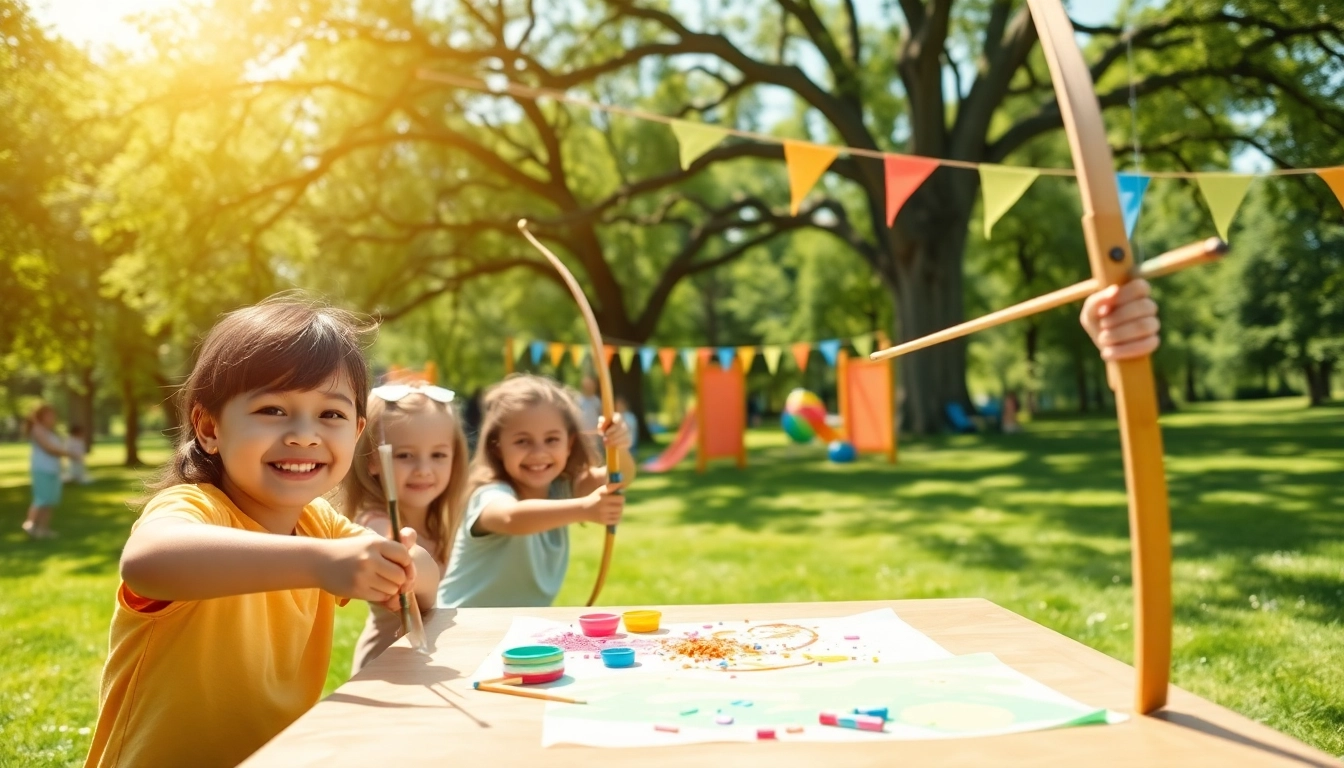
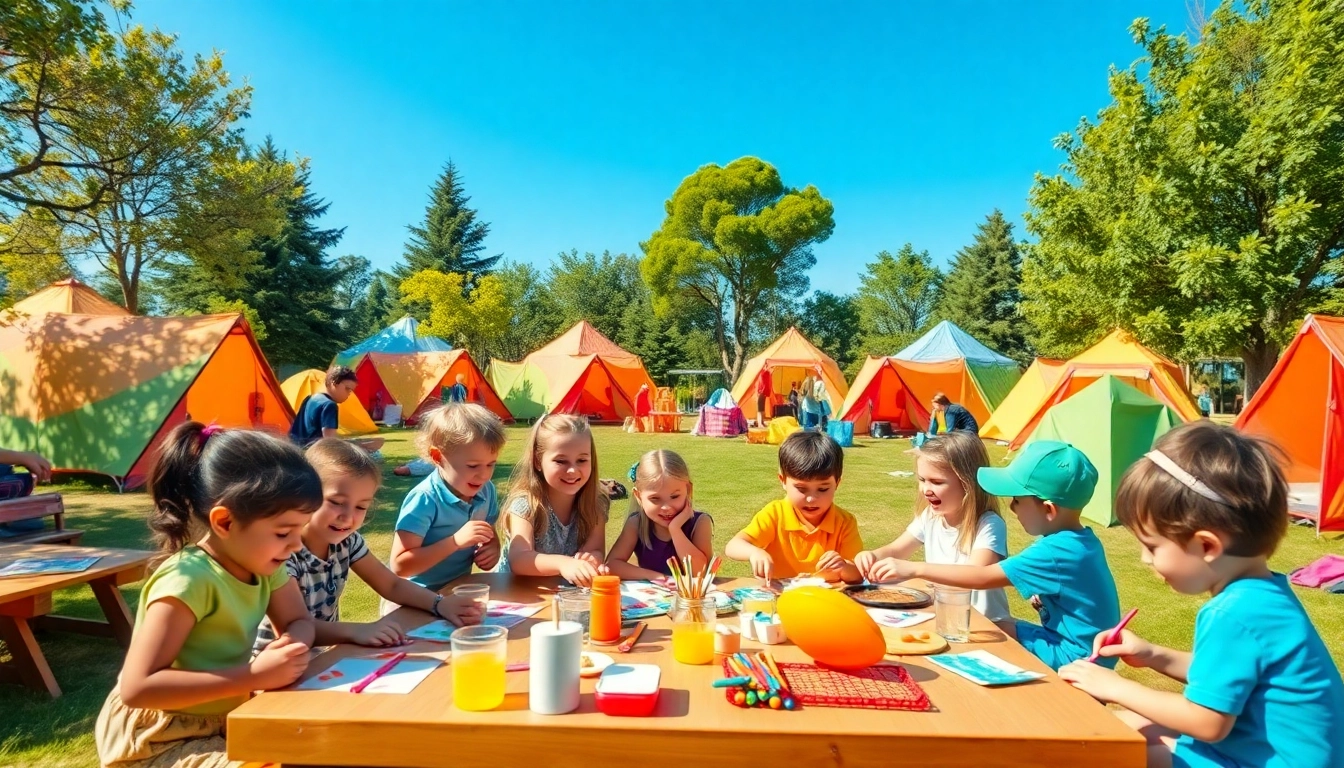
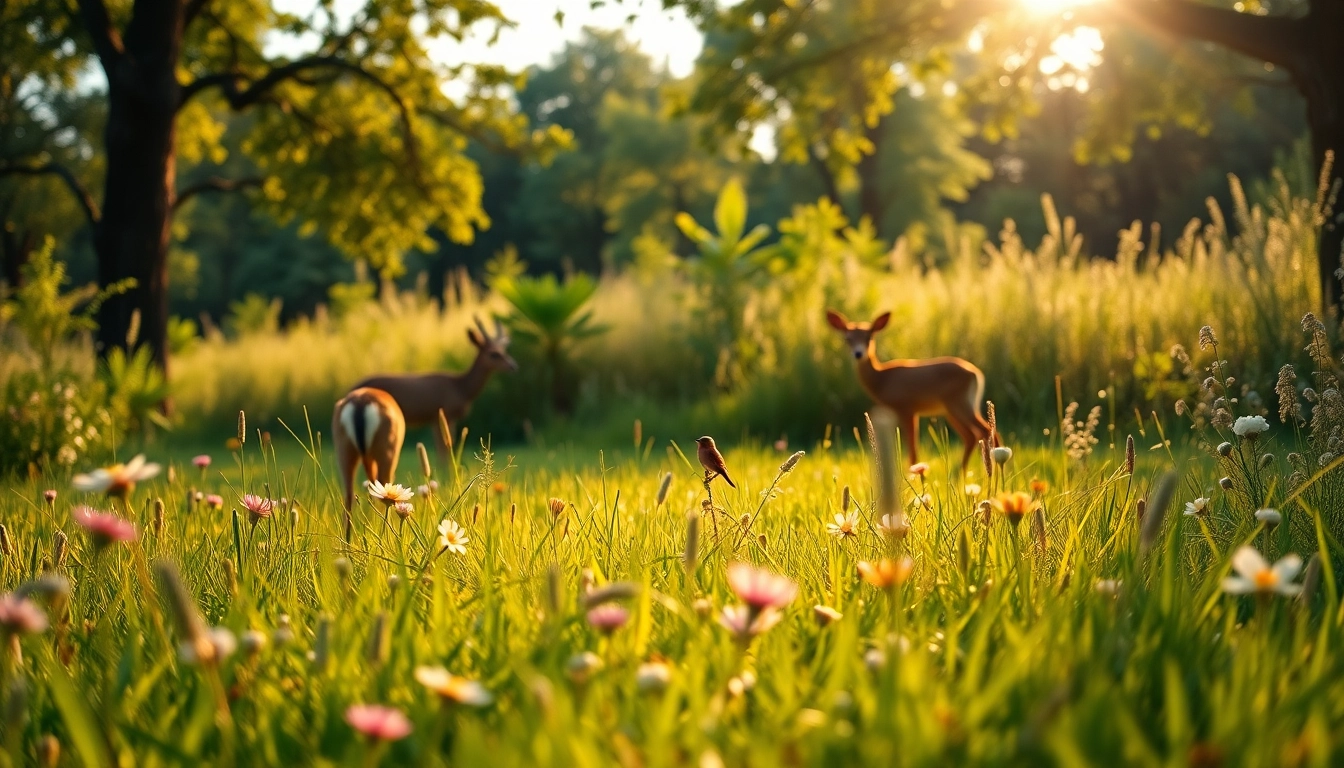

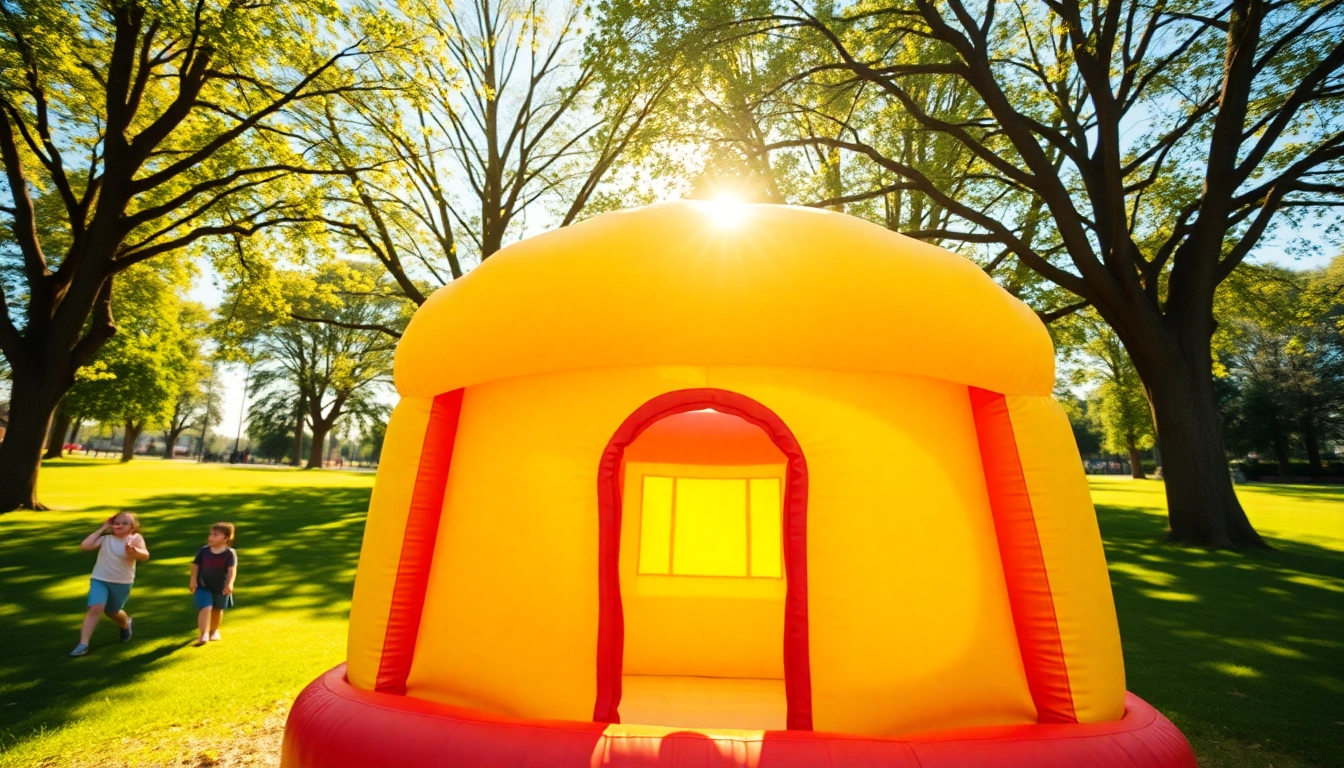

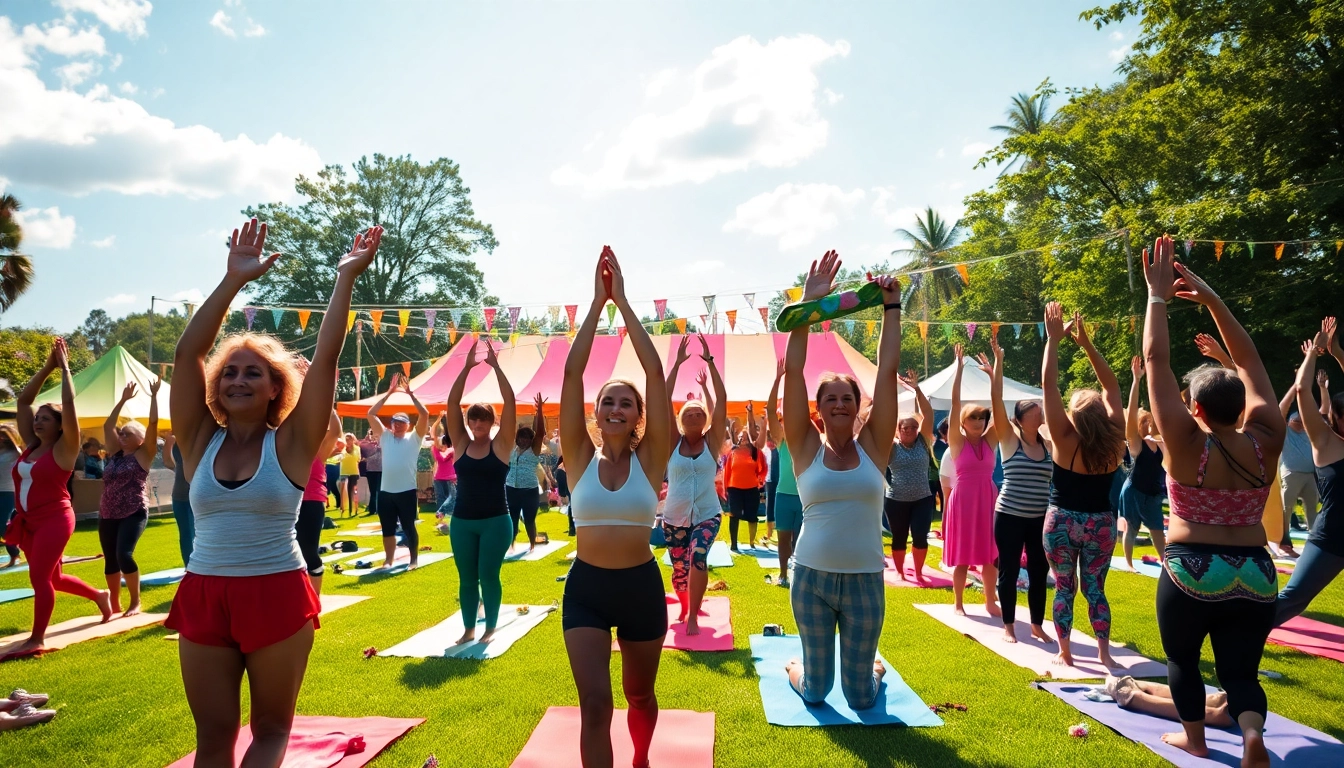


Leave a Reply